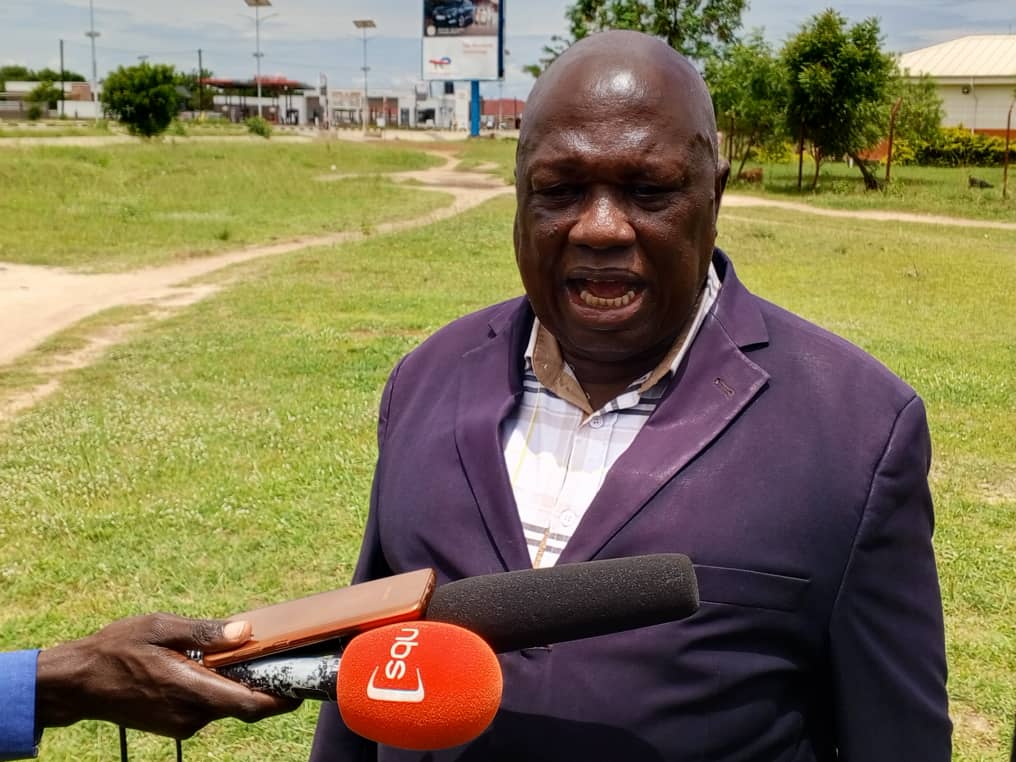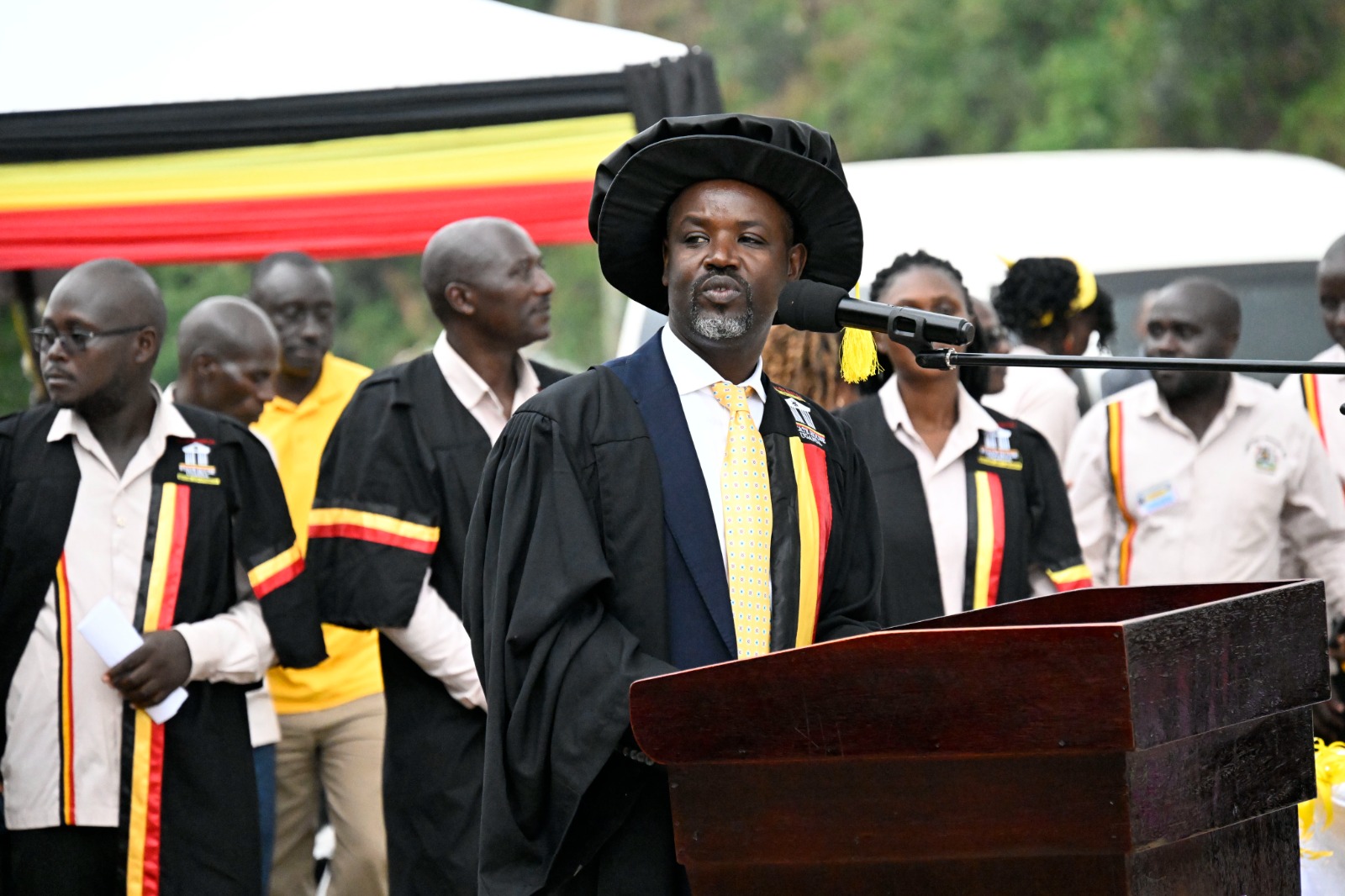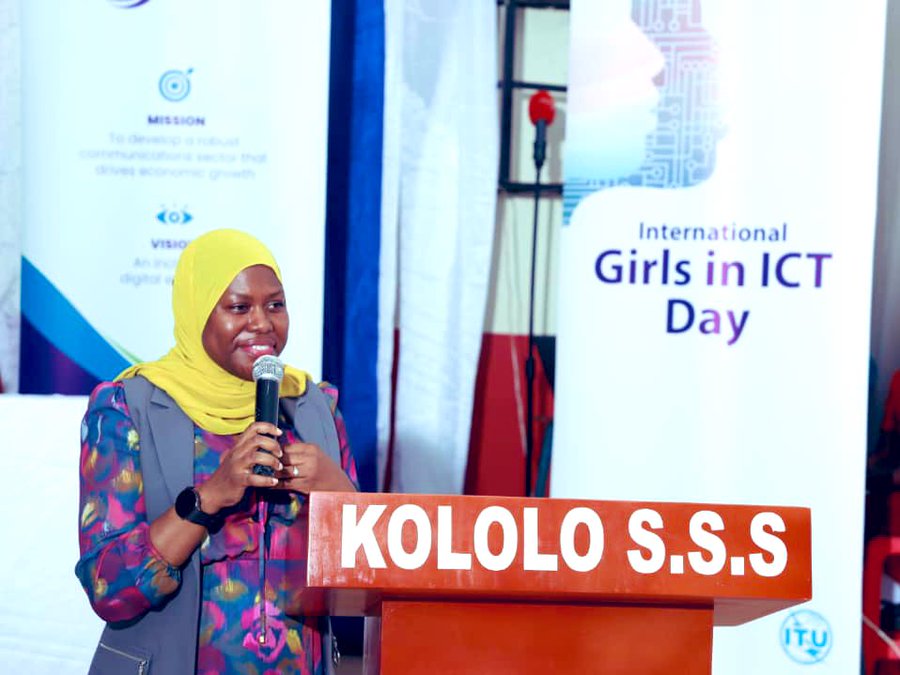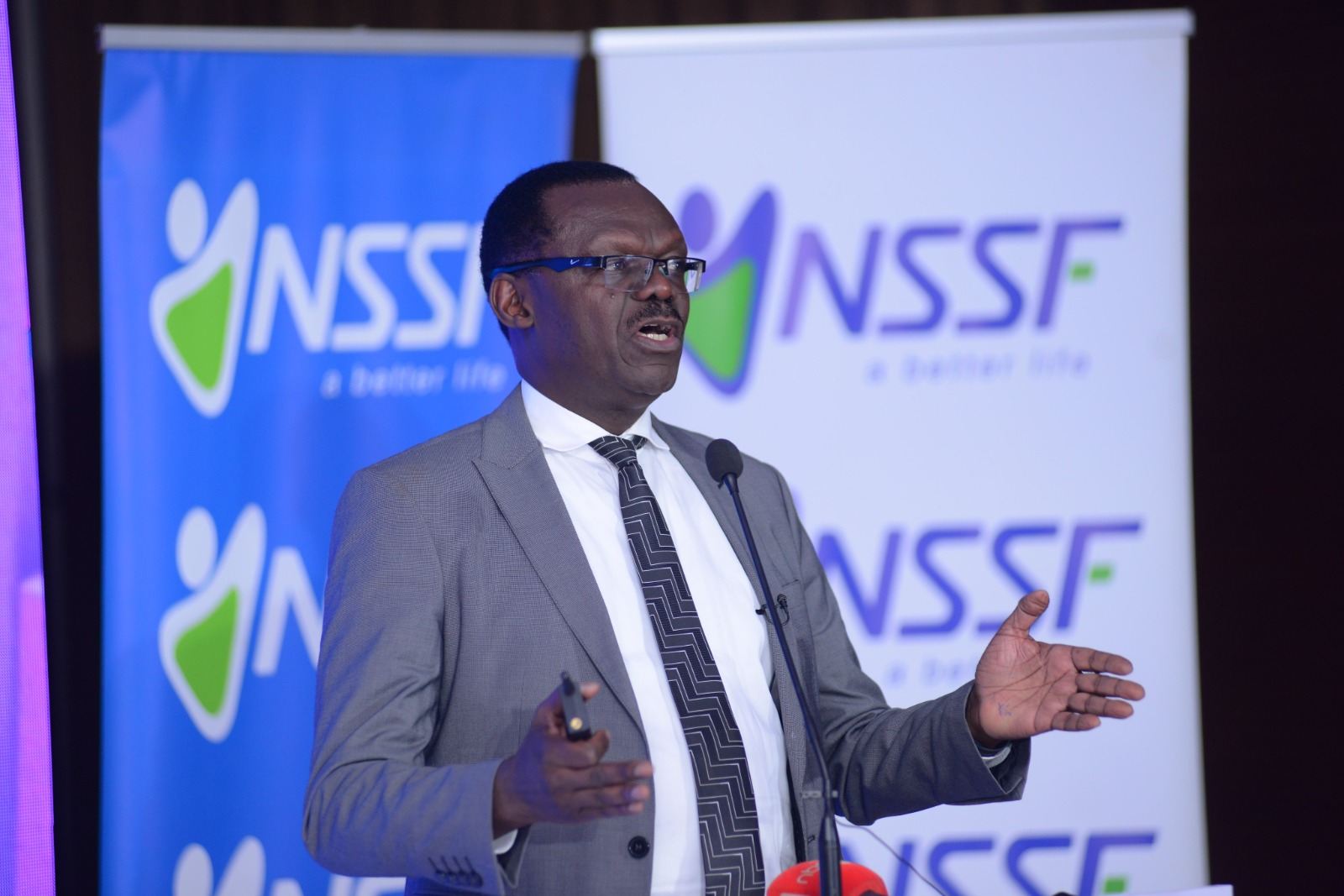Entitled 'Untapped Potential for Climate Action: Renewable Energy in Nationally Determined Contributions', the report also identifies that renewable energy already targeted within national energy strategies often exceeds renewable energy capacity currently envisaged under Nationally Determined Contributions.
Nationally determined contributions embody efforts by each country to reduce national greenhouse gas emissions and adapt to the impacts of climate change.
The report says renewable energy deployment levels under current NDCs would bring online 80 Gigawatts of renewable energy globally each year, between 2015 - 2030.
"The case for renewable energy has strengthened considerably since parties first quantified the renewable energy components of their nationally determined contributions," said Adnan Z. Amin, IRENA Director-General in a statement.
Adnan Amin noted that the increasing attractiveness of renewables as the lowest-cost source of new energy supply in countries around the world has fueled unprecedented levels of deployment of solar, wind and other forms of renewables.
He said as the global community prepares for a new round of climate negotiations under the Paris Agreement, it is critical that they go with a clear understanding of the trajectory required to avoid the worst effects of climate change.
He said their analysis finds that the convergence of innovation, falling costs and positive socioeconomic impacts of renewable energy - together with the climate imperative make a compelling case for accelerating action.
As part of a mechanism built into the Paris Agreement, countries are required to update or submit new Nationally determined contributions s over time, each of which is designed to be progressively more ambitious than the last.
With the second round of NDCs due in 2020, a 'facilitative dialogue' is set to start in 2018, during which parties will take stock of initial progress toward the collective goals in the agreement.
Furthermore, while the power sector emissions are addressed in most NDCs, significant carbon reductions in end uses of energy (mobility, heating and cooling) are needed to meet the objectives of the Paris Agreement.
The use of renewable energy in other sectors of the economy such as transport, industry and residential buildings can also support increased ambition.
The report found that achieving power sector renewable energy targets under current NDCs, requires almost $ 1.7 trillion by 2030 - $ 1.2 trillion of which is required for unconditional targets, and $500 billion will be needed to support targets conditional upon the international support.
In Africa, NDCs could cost-effectively target 310 gigawatts (GW) of renewable energy by 2030, almost four and a half times the capacity outlined currently in NDCs on the continent and more than twice the capacity envisaged in Nationally determined contributions and national plans.













